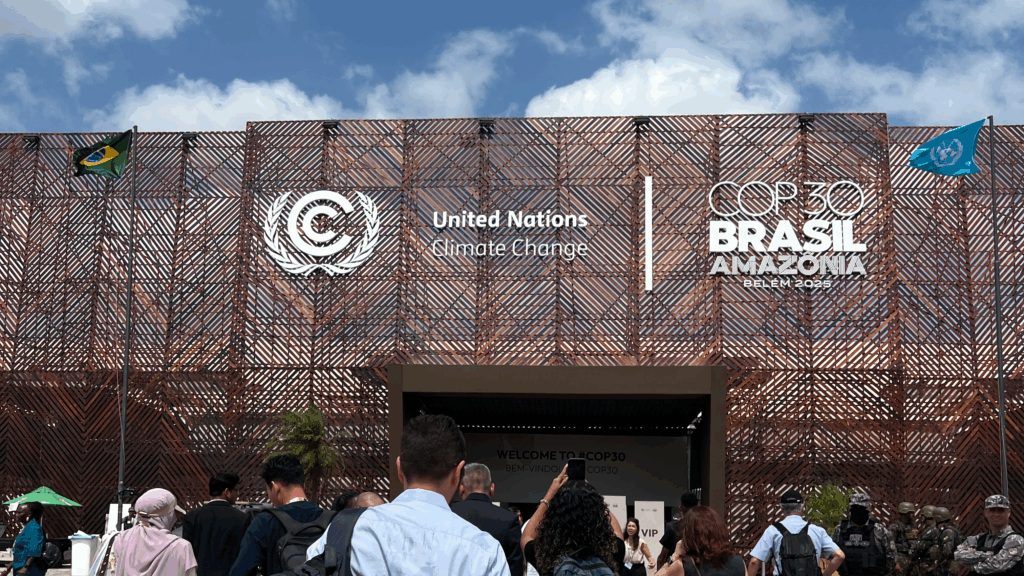
Solar home lighting systems promoted by indigenous young women in their tribal communities
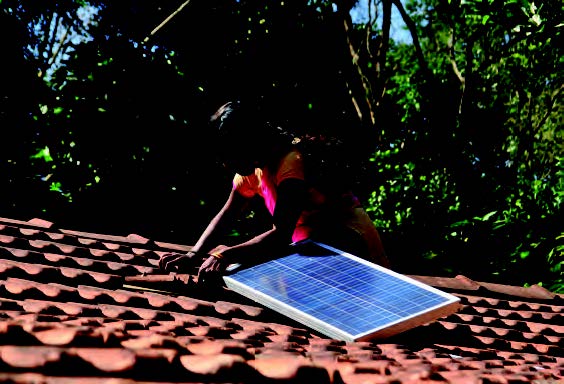
Description of the project:
The project trains indigenous young women to install solar photovoltaic systems for indoor lighting in tribal homes of the forest area of Wayanad – India. RASTA cooperates with the Barefoot College women of Rajasthan to train young women from a tribal community on installing and operating photovoltaic lamps. After the training, the young women conduct installations in their community, and motivate the community to contribute with a small fee for ongoing and future maintenance. The major beneficiaries are school children and women, as the illuminated homes allow time for homework and keeps wild animals away.
Climate Impact:
The photovoltaic systems, installed in 165 households of a remote forest area, have reduced the climate impact of the tribal community by approximately 16.5 tons of GHG. Their consumption of kerosene has been considerably reduced by around 10,000 liter per year. The lamps’ batteries can be returned, recycled and refitted, reducing the environmental impact of the project.
Gender Impact:
The project’s committee consists of 80% women and the installations are carried out by trained tribal girls. The installation process attracts women, who are taking on a job traditionally done by men. The social recognition and the economic status of the female solar engineers have improved. As a consequence, dropouts of girls from school have been reduced and women have improved reading habits.
Scalability /replicability:
RASTA identified the technical viability for community participation in the project. The role of RASTA is to transmit technical knowledge and to provide awareness training to beneficiaries. The project can be installed in any remote village.
read the latest from our network
We work across regions and movements in deep solidarity. Together, we’re building collective advocacy to global problems.



PS: Do Not Step into the Footnote Trap
19/11/2025
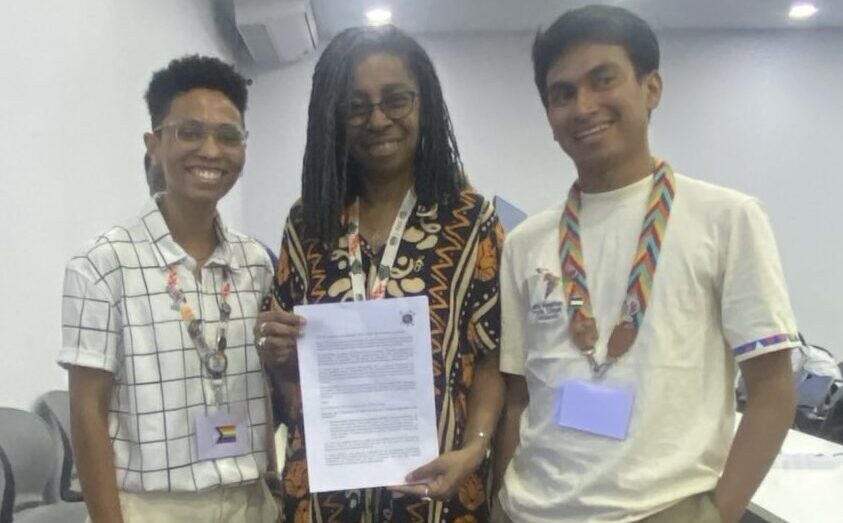

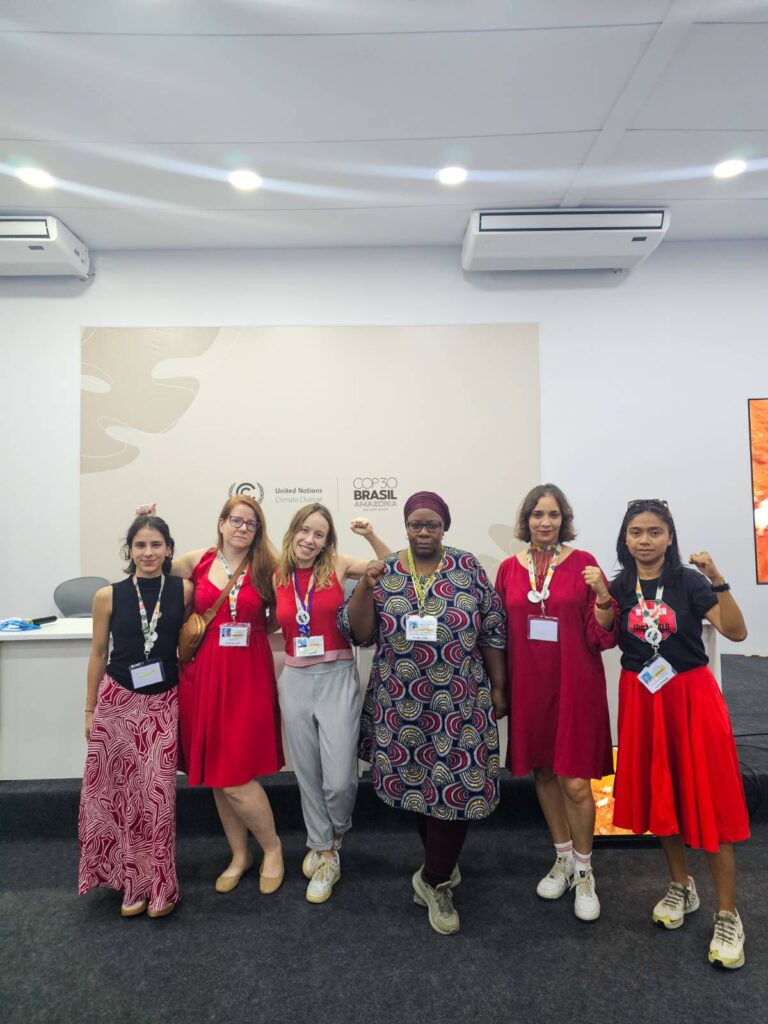
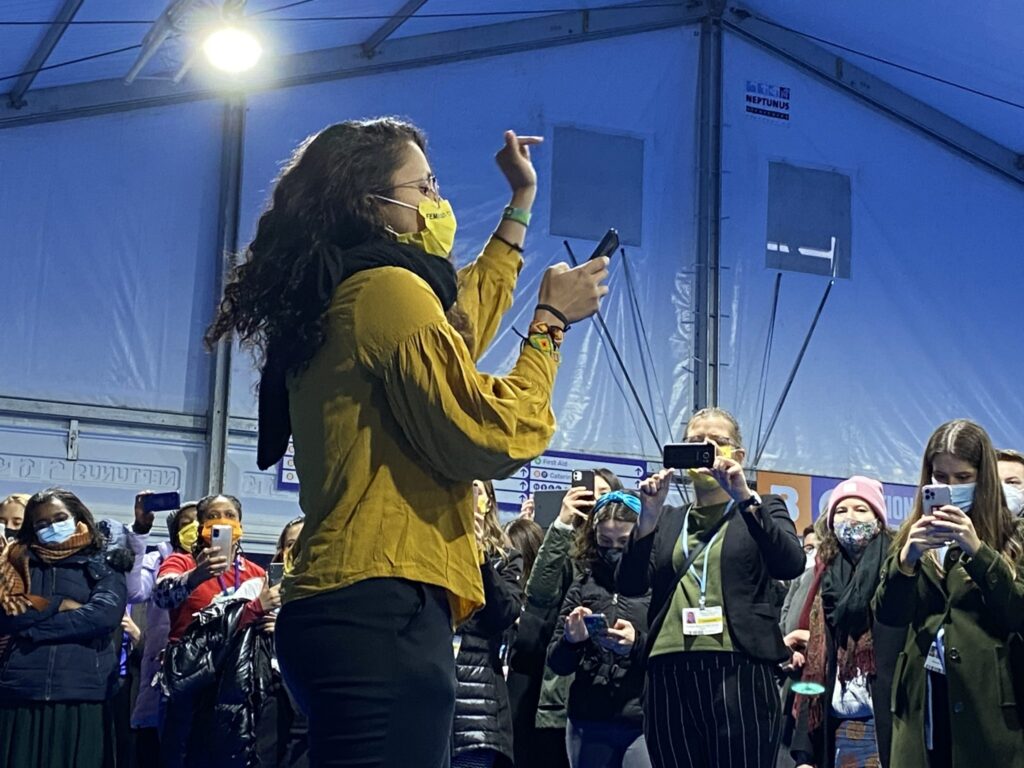
Gender Just Climate Action requires truth
12/11/2025

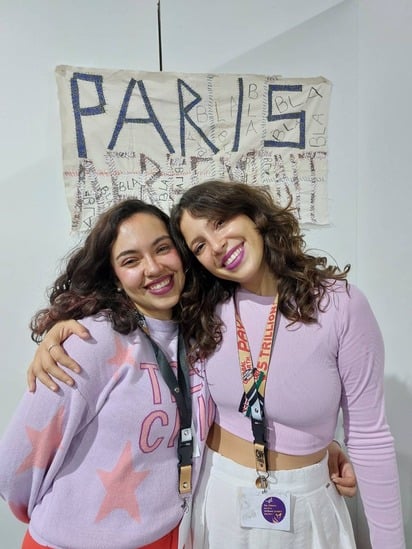
Nov 11 Action Alert: Gender Justice Day
10/11/2025

